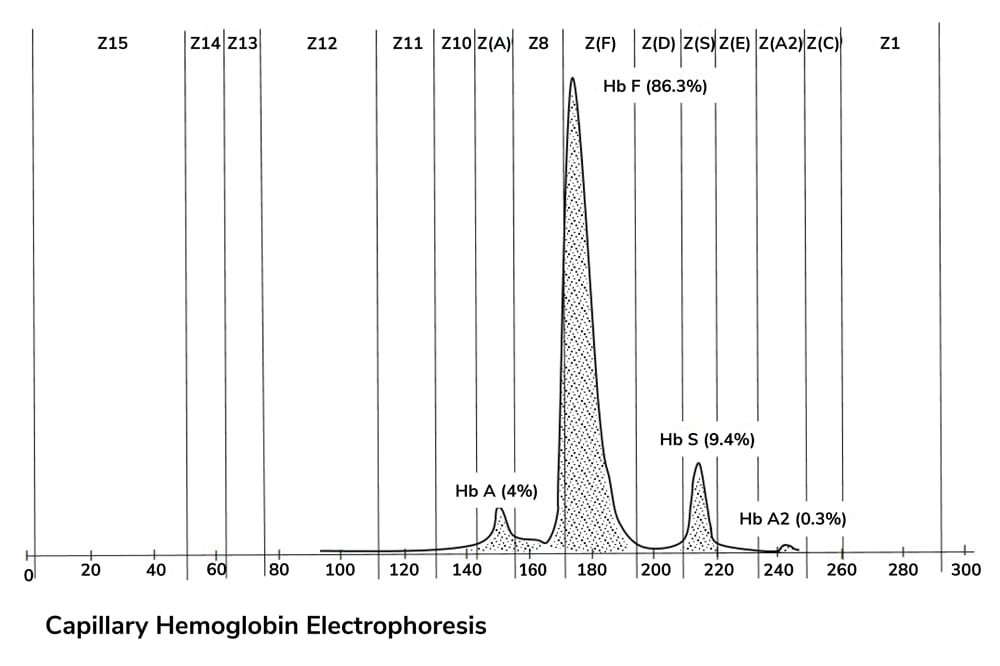Zebrafish studies uncover a potential molecular trigger of inflammatory bowel disease
Inflammatory bowel diseases (IBD) are chronic, multifactorial conditions with the immune system, genetics, the gut microbiota and environment all thought to play a part. Now, researchers have found a potential role for epigenetic regulation in the disease, using transparent zebrafish to directly view changes to the intestine in vivo.
Dysregulation of tumor necrosis factor (TNF) is associated with damage to the cells lining the intestinal tract, which in turn is associated with IBD. However, it is still not clear what causes TNF levels to rise, or precisely how this is associated with disease. Researchers from Duke University, North Carolina, USA, decided to investigate the link. “The zebrafish is a great model for these types of studies because it combines forward genetic analysis with the ability to visualize gene expression in the intact animal. We are also able to visualize, in the embryo and early larva, the whole gut with cellular resolution in live animals”, says Michel Bagnat, senior author of the study (1).

To identify mutants of particular interest, Lindsay Marjoram, a postdoctoral fellow, developed a transgenic reporter of TNF expression, and found that three mutants presented immune cell recruitment and infiltration into the intestinal epithelium, coupled with loss of barrier function and excessive cell shedding – all hallmarks of IBD (see Figure 1). Interestingly, the IBD phenotype was rescued by knocking down TNF expression, indicating that it was triggered by TNF induction. “Because the mutated genes are involved in DNA methylation, we thought that the TNF locus might normally be repressed (highly methylated) and that loss of function might lead to de-methylation and activation. Analysis of the methylation status of the TNF promoter confirmed this,” says Bagnat.
The team now hope to translate their findings to humans, and Bagnat anticipates that the biggest hurdle will be obtaining biopsy samples from both affected patients and healthy donors, but, “Now that we know what to look for, our work may result in easier diagnosis and better management of IBD, especially if we can identify specific symptoms associated with epigenetic defects. This has opened up a whole new research avenue,” he adds.
References
- L Marjoram et al., “Epigenetic control of intestinal barrier function and inflammation in zebrafish”, Proc Natl Acad Sci USA, 112, 2770–2775 (2015). PMID: 25730872.




